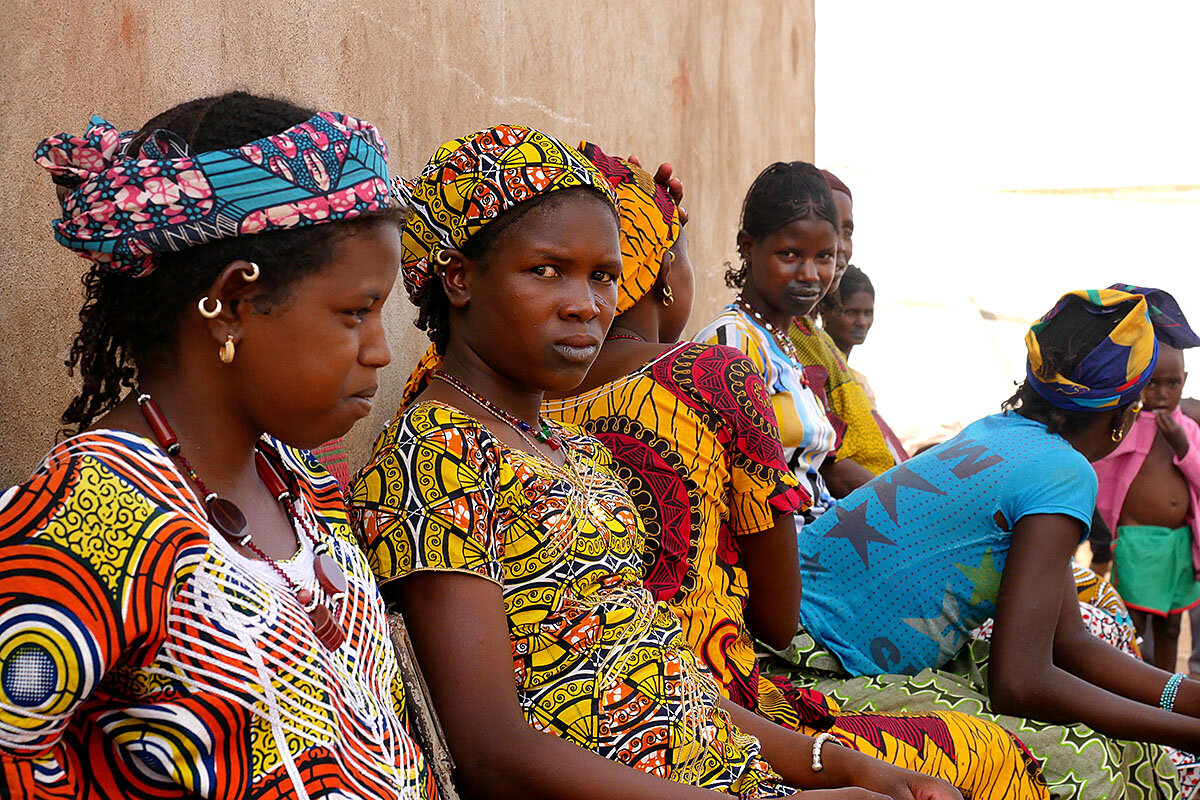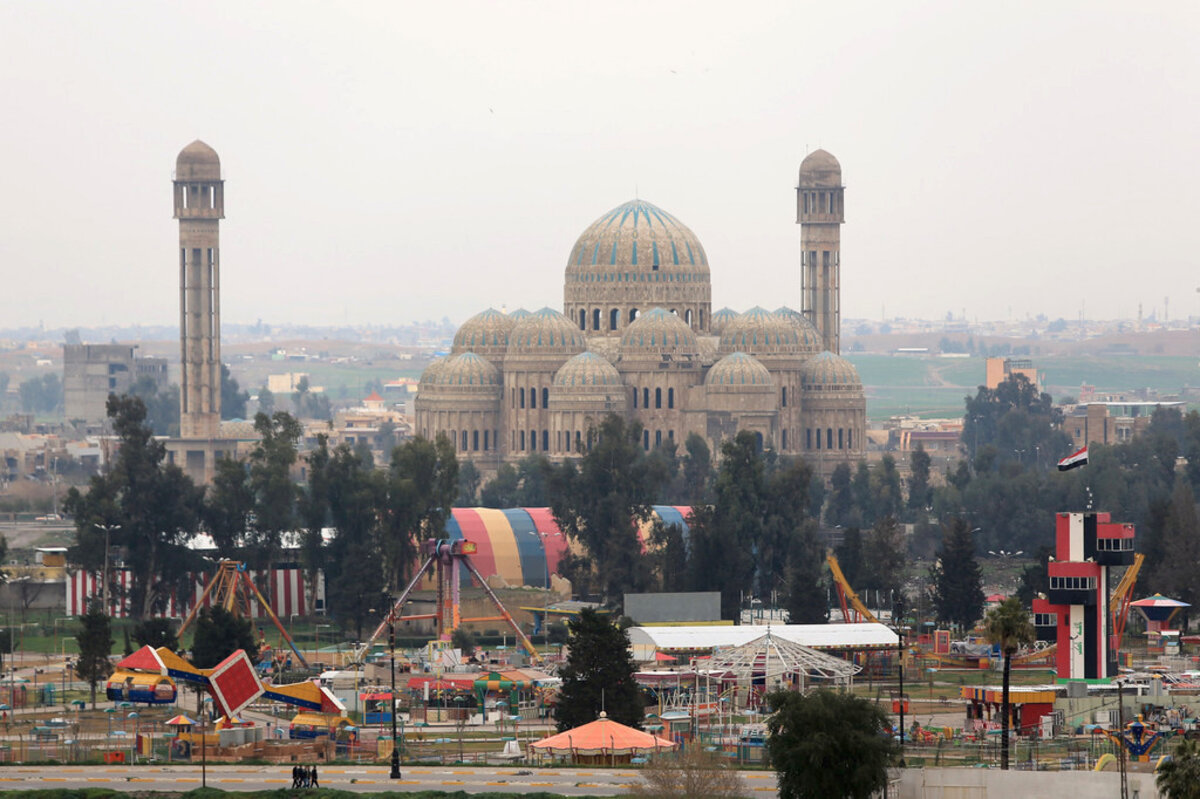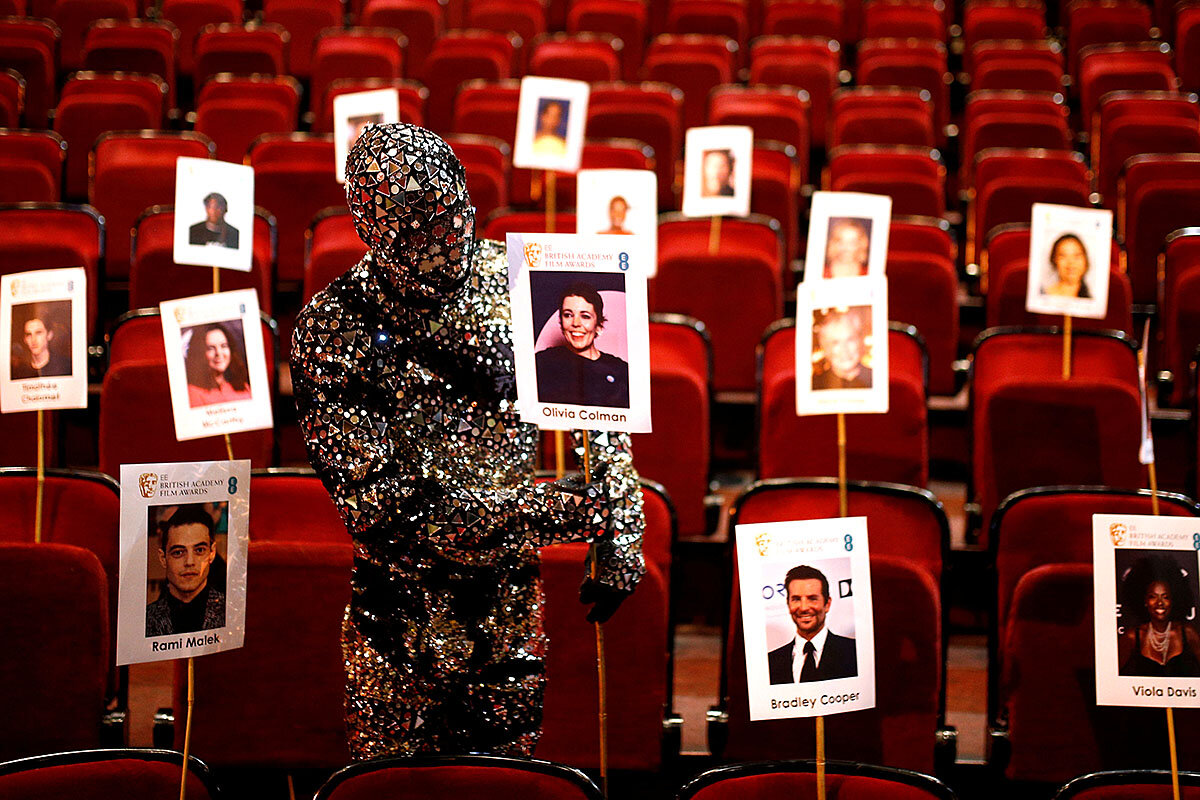Our first story is also about how the changing climate is driving change – in this case, in the energy industry itself. The changes are incremental, but portend a potentially important shift in thinking.
Monitor Daily Podcast
- Follow us:
- Apple Podcasts
- Spotify
- RSS Feed
- Download
 Mark Sappenfield
Mark Sappenfield
Tomorrow will mark something that didn’t happen in the Netherlands – one more sign of the slow disappearance of one of the nation’s most beloved traditions.
As a former Olympics reporter, I can attest to the Dutch passion for speedskating. We’ve written about it many times before. There is something spiritual in the sport – something that speaks deeply to the Dutch sense of joy, community, and identity. And all those emotions are wrapped into a single race, the daylong 11 Cities Tour, or Elfstedentocht, which is held whenever the canals in Friesland ice over.
Friday will mark the longest gap between races in modern history. It was last held in 1997 and only three times since 1963. From 1909 to 1963, it was held 12 times. Dutch scientists calculated a 6.7 percent chance of an Elfstedentocht in 2017. In 1950, it was 25 percent, The New York Times reports.
The potential consequences of climate change go far beyond speedskating races. And the whole topic can be politically fraught. For the Dutch, the race has shaped thinking about climate. But they still hope. Says one race organizer: “There will be a year that makes up for all the years we wait.”
Now, on to our five stories today, which touch on a different kind of sexual misconduct investigation in New Hampshire, justice for women in Mali, and counting bees.










